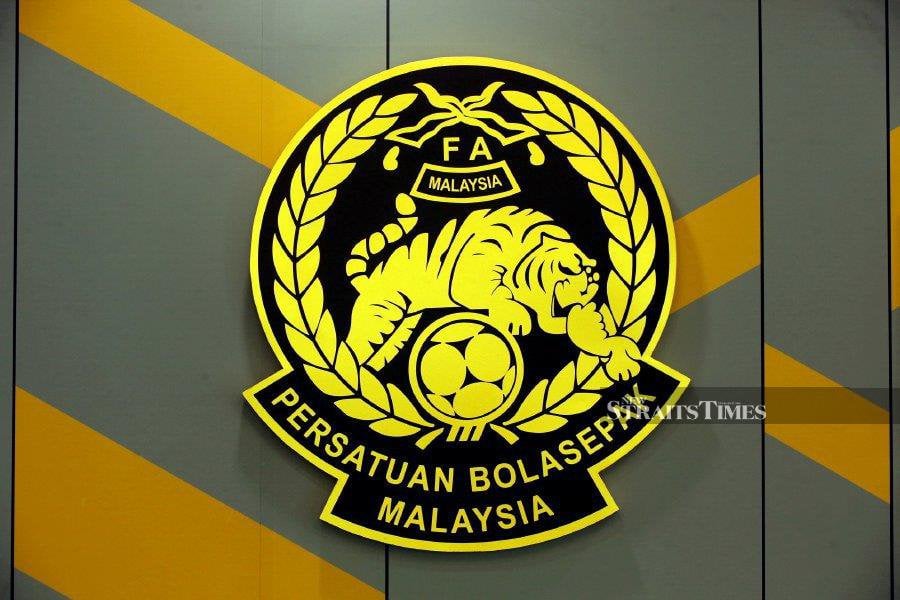
KUALA LUMPUR: Suspensions, legal challenges, nomination form manipulations ... it's FAM election time.
When you create a narrative promising the golden age of Malaysian football, the general public will buy into it without much thought.
But for most in the football fraternity, whether directly or indirectly involved, it's just an empty promise.
But thanks for the efforts.
As the FA of Malaysia's (FAM) elections approach on Feb 15, many are calling for changes in leadership, hoping for a fresh approach to managing Malaysian football.
While there was initial interest from new faces to contest for the president's post and other positions, most of the old guard will remain in power, with only minor reshuffling of roles expected.
The suspensions of the Perlis FA (PFA) and Kelantan FA (KAFA) have dramatically shaped the electoral process, reducing the number of affiliates eligible to vote to 18.
PFA's suspension was due to its failure to comply with a FIFA directive to settle the unpaid salaries and compensation to a former official.
This non-compliance also led to FAM being fined by FIFA, with threats of heavier penalties if the arrears were not settled.
KAFA, on the other hand, was suspended over irregularities in its election process, where certain affiliates were excluded from participating.
While the suspensions were a result of regulation breaches, their timing has raised questions.
PFA has taken the matter to court, seeking an injunction to postpone the elections, with a hearing scheduled for Feb 7.
This legal challenge could derail the election process, creating further instability within Malaysian football.
But the drama doesn't end there.
Two state FAs have alleged that their nomination forms were submitted to FAM without proper consent. The forms, reportedly pre-signed and stamped, have cast doubts over the nomination process.
If these disputes escalate to the Court of Arbitration for Sport (CAS), they could result in FIFA sanctions, damaging the reputation of Malaysian football.
Instead of squabbling for positions, the powers that be should address the issues in Malaysian football.
What did the current regime do during their term to improve things?
FAM, via its communication department, should list down what it has done over the years to allow the public to evaluate.
Frankly, the state of football in the country remains dire.
The privatisation of the Malaysian League (M-League) has left state FAs struggling to generate revenue, hampering grassroots development, among other things.
Initiatives like the National Football Development Programme (NFDP) have failed to produce exceptional talent, leading to an increasing dependence on naturalised players.
FAM's narrative — in attempting to differentiate heritage players from foreign-born naturalised players — contradicts FIFA's classification, which groups them together.
This growing reliance on naturalised players has become an unhealthy trend, not just in Malaysia but across Asia.
The overuse of this practice risks erasing the presence of homegrown talent like Ali(s), Ah Chong(s) and Muthu(s) from Harimau Malaya in the near future.
Do football fans want that to happen?
The entire ecosystem of Malaysian football requires a complete overhaul.
FAM must prioritise supporting state FAs, activate effective grassroots programmes and create platforms in each state to nurture local talent.
Superficial fixes and endorsements branding Malaysia as a "sleeping giant of football" will not suffice.
Genuine progress demands reform, transparency and long-term strategies.
The upcoming FAM elections present an opportunity for change, but hopes for meaningful reform will depend on the commitment of the new leadership.
Without addressing the core issues afflicting Malaysian football, the golden age promised in grand narratives will remain a distant dream.
Ajitpal Singh is the Sports Editor of NST
